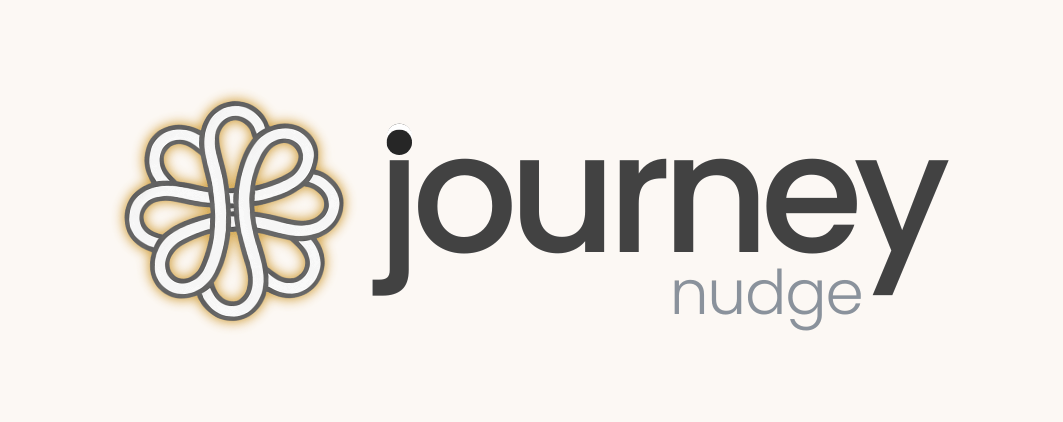How You Navigate the World as an Explorer
As an Explorer, you thrive on embracing the unknown with curiosity, adventure, and an open mind, navigating life’s journey with a spirit of discovery.
Stats

%
Openness
Extremely open-minded, constantly seeking new experiences and learning opportunities
%
Extraversion
Proactive and engaging, enjoys exploring new environments and ideas
%
Agreeableness
Welcomes diverse perspectives but maintains independence in exploration
%
Conscientiousness
Balances flexibility with a moderate sense of responsibility
%
Neuroticism
Handles uncertainty well, typically calm and composed in new situations
CURIOUS
You have a strong desire to explore and understand new concepts, places, and cultures.
Versatile
You are competent in adapting to varied roles and environments quickly.
OPEN
You are open-minded, welcoming new perspectives and eager to learn from them.
PROACTIVE
You take initiative in seeking out new experiences and opportunities for growth.
Your Superpowers
- Curiosity
- A willingness to try new things
- Resilience.
You Say
- “What’s over there?”
- “Let’s try something new!”
- “This could be an adventure.”
Combined with Other Types
- Pathfinder = Adventurous Innovator: Bold exploration combined with a drive to lead.
- Creator = Boundless Inventor: Curiosity drives continuous experimentation and creativity.
- Navigator = Thoughtful Planner: Your exploration is guided by strategic thinking.
- Collaborator = Social Adventurer: You bring new experiences to group dynamics, enhancing team growth.
Dark Sides
- The Wanderer: Without focus, you might feel lost or overwhelmed by too many choices.
- The Homebody: Sticking to your comfort zone might lead to missed opportunities.
Traveler Guide
Curiosity and Adaptability Driven
You excel in roles that require you to engage with a variety of cultures, ideas, and environments. Your broad approach to research and learning makes you well-suited for fields like travel journalism, research, and any profession that benefits from a multidisciplinary approach.
Creativity Boost
- Regularly immerse yourself in new cultures and environments to widen your perspective and spark creativity.
- Keep a journal to document your observations and insights, helping you reflect on and develop new ideas.
- Participate in workshops, visit galleries, or follow accounts on social media that push boundaries in arts, writing, or design to apply learned concepts creatively.
Health Boost
-
Creative Movement Breaks: As someone who thrives on exploration and discovery, breaking the monotony of prolonged sitting with short bursts of physical activity can boost your mental agility and creative thinking. Break the monotony of sedentary activities with short, creative movement breaks.
-
Every two hours, take a five-minute break to engage in a quick set of stretches or free-form dance to your favorite song. As an explorer, this will help you feel loose in your body and boost your curiosity to try new things.
Communication Boost
- Default Communication Style: As an explorer, you naturally communicate in a story-rich, engaging manner. You excel at weaving your experiences into narratives that capture the imagination of your audience. Use open-ended questions that encourage deep thinking and exploration of ideas.
- Strength in Communication: Facilitate open dialogue. Explorers have the ability to connect abstract concepts to real-world experiences making your communication captivating and relatable. This style not only entertains but also educates and inspires listeners to view situations from new perspectives.
Productivity Boost
- Reflection Periods: Dedicate time each week to reflect on your experiences and your lessons to integrate these insights into your personal and professional life.
- Adapt your task lists or calendar as new ideas and priorities emerge, ensuring flexibility in your productivity.
- Walking Conversations: Whenever possible, meet with others on the go with colleagues or take calls while walking. This not only fits in physical activity into your schedule but also makes the meetings more dynamic and engaging for you.
Learning Boost
- Experiential Learning: Immerse yourself in hands-on activities that relate to the topics you’re studying. Whether through travel, workshops, or events, experiencing knowledge firsthand aids retention.
- Learning Through Teaching: Share new insights with peers or through blogs and vlogs. Teaching is a powerful method to solidify your own understanding and discover gaps in your knowledge.
- Diverse Learning Sources: Utilize a variety of information sources—books, documentaries, podcasts, and seminars—to keep the learning process exciting and multifaceted.
Growth Opportunities
- Focus Challenges: Your voracious appetite for new experiences can sometimes distract from focusing deeply on individual tasks.
- Risk of Overcommitment: Your eagerness to explore every possibility can lead to overextension, making it difficult to devote sufficient attention to each commitment.
- Balancing Breadth and Depth: While your adaptability is a strength, developing deeper expertise in specific areas could enhance your professional impact.
